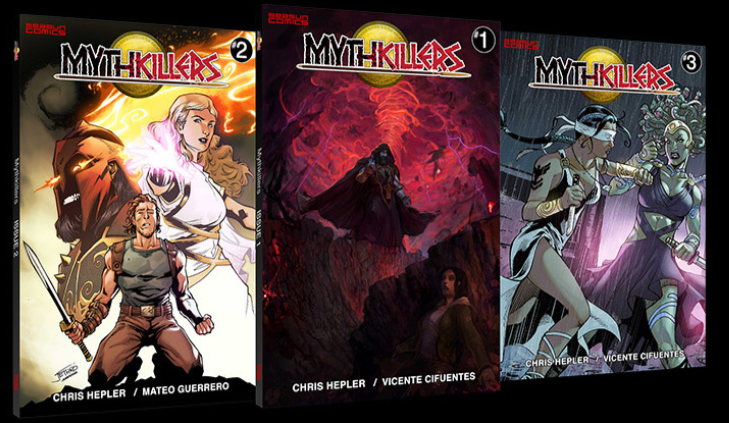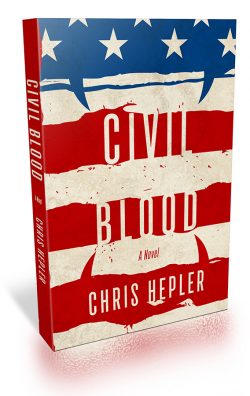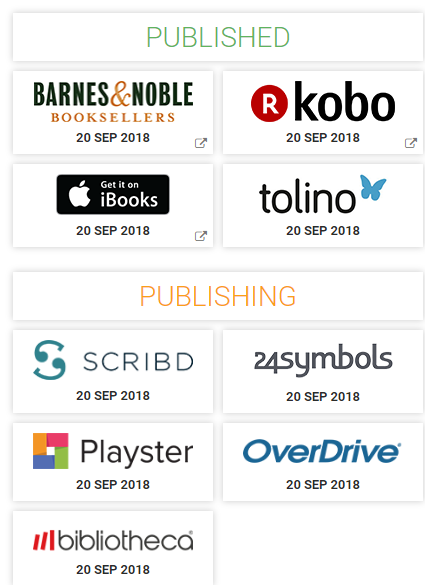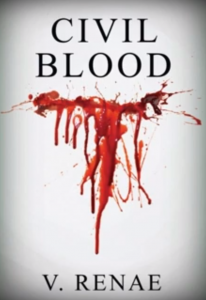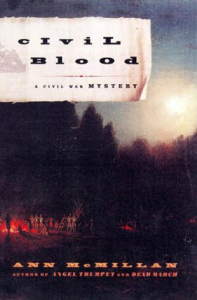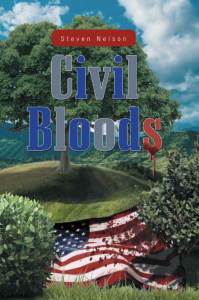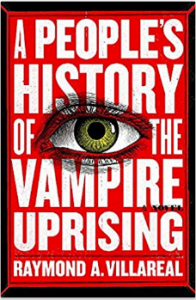Well, the Kindle promo giveaway of Civil Blood: The Vampire Rights Case that Changed a Nation has come to an end, and now it’s back up at the not-so-tyrannical price of $2.99. Some very nice folks on Goodreads are inquiring about a sequel, so I thought I’d better explain my thought process.
1: Was the promo successful?
Considering my average sales of the novel… holy cow, yes. I ran the promo for five days, and if you add up all the copies I gave away, I moved 44 times my best month of normal sales. It sounds like a lot, but to be honest, my average sales per month are miniscule. There’s definitely people out there who like the idea of the book enough to download it when it’s offered. The question, of course, is “are they just jumping at a chance to nab something for free, or do they actually intend to read the book/buy the book/buy a sequel?” It’ll take a little while to gather data on those questions — I’ve got to allow the readers a few weeks to read 398 pages before I can expect any word of mouth to spread.
2: Do you want to write a sequel?
Yes. Without getting into spoilers, it doesn’t take a genius to read the end of Civil Blood and see that I want to publish volume 2 of the Skia Project. I want to revisit the main characters and have them front and center in another adventure that combines vampirism and politics.
3: Can you sell a sequel?
This is a much thornier question. Civil Blood was self-published. I fronted all the costs myself for the editors, the cover art, ISBNs, and advertising. If I want to do that again, I need a certain amount of disposable income that I have earmarked for that purpose only. Sales of Civil Blood count toward that amount. So in theory, when the book makes back its costs, I could take that money and publish a sequel.
The reality is that may take years, and it may never happen at all. The book has garnered a bit of good press from blogs, but they have not translated into financial success. As of this writing, five days after the promo has ended, there are no signs of increased sales. I’m willing to be patient, but I’m also looking at a variety of options.
Option 1: Sell a direct sequel novel to a traditional publisher.
The most obvious pie-in-the-sky fantasy of mine is to write a sequel that’s so good and so high-concept that when I submit it to a traditional publisher, they want to print it themselves. Poof, I don’t have to front any money and they pay me to boot. They get me a cover, they advertise for me, the book shows up in bookstores and libraries everywhere. I appear at conventions and do dramatic readings of the book while standing on one leg, and legions of Infinity cosplayers create a path for me by throwing rose petals and marshmallows. (I’m pretty sure that’s how signing parties work, anyway. There’s always a few grand set aside for the marshmallow budget.)
That scenario is unlikely to happen. First, the sequel would have to stand on its own merits and not require any experience with the previous installment. That sounds feasible in practice, but Civil Blood created a ton of backstory for its surviving characters. If the protagonists and antagonists run into each other again (and I’d want them to), I’d have to communicate their history without delving into giant paragraphs explaining what happened the last time they met. Even recapping the main romantic arc without making it sound like a sequel’s summary would require a lot of fine-tuning. This is to say nothing of the wall-to-wall news that would be breathlessly covering the events of the first book’s climax. Add the cherry on top — the magic system and how vampires work. It would be tricky, and if I couldn’t sell it, I’d be left with a big, fat manuscript that I’d have spent several years of my life on.
Second, if the traditional publisher found out that I self-published the prequel, the first thing they would ask is, “How many copies has it sold?” One look at its Amazon ranking would be all it takes to pass on it. Self-published books get traditional deals when they do so well they don’t need it. Nothing succeeds like success.
Third, I’d be giving up some creative control, and if the editor and I got into a kerfluffle over some detail in which I would be invalidating a decision made in Civil Blood, I would not be able to argue for keeping it consistent. Given how often I’ve experienced situations like that in other media, I’m not sure I want to do that here.
This leaves me with less-thrilling but potentially more-workable options.
Option 2: Sell other stories in the universe to a traditional publisher.
The quickest and most feasible option for me, and the one I am currently pursuing, is to write short stories in Civil Blood’s universe and try to sell them to magazines. I’ve got one in submissions about a new character (“Stopping the Bleeding”) and a second in the works with Infinity as the protagonist (working title “Infection in Everything”).
Short fiction in magazines would theoretically provide a little extra visibility as well as income that would go towards funding a self-published sequel. Of course, I have to get that most elusive “yes” for this plan to work… and I have to do it several times. Short stories pay more than they used to, but I’d still have to do perhaps 5-7 of them to cover a novel’s costs.
Were I to go for a novel, the easiest long-form approach would be a prequel, because it would require none of the exposition juggling act that a sequel would. Jessica’s discovery of the principles of qi, her fraying relationship with Ranath and Kern, and Ranath’s eventual slide into vipe hunting could fill up their own story. However, it’d need some special sauce, otherwise it’d just be another “viral vampires in a big evil corporation” story that doesn’t have a unique hook.
Option 3: Take out a loan and hope the sequel pays for itself.
Yeah, you can explain that one to my wife. No way.
Option 4: Run a Kickstarter or other crowdfunding campaign.
This doesn’t work well for me. It’s not that I don’t like Kickstarters, but backers are pretty sophisticated now. Not only would I have to write a good 30% of the book or so to show off some product for the campaign, make a video, come up with rewards that aren’t the book, and then I’d have to face an uncomfortable reality:
I’m a slow writer.
A good Kickstarter keeps backers interested until the product comes out. Who wants me to blitz people with a 30-day Kickstarter campaign and then force them to wait on a sequel that could be years in the making? There is also the serious possibility of failure. If the KS doesn’t meet its goal, I’m back at square one.
How can I help?
If you’re a fan burning to read the sequel, there are lots of ways to pitch in.
- Tell people about the book. Because there are many books with the title “Civil Blood,” be sure to use my name or the subtitle “The Vampire Rights Case That Changed a Nation.” That’ll help narrow down any search engine searches.
- Leave a Goodreads and/or Amazon review. Supposedly, if I get 50 of these, the algorithm for advertising the book shows the book more often to strangers. They don’t need to be long at all: “I dug it,” and some stars is all that’s necessary. The most successful viral campaigns have people who enthusiastically tell their friends they just rated a book, encouraging them to do the same.
- Friend has a birthday/housewarming/deployment coming up? Give the book as a gift.
- Tell your Goodreads group or book club about it (I’m a member of a few such as “Horror Aficionados,” “Vampires, Weres and Fae,” “Castle Dracula” and “My Vampire Book Obsession.”) Getting a big pack of people to read it as a book of the month would be super.
- Put your favorite quotes from the novel into Goodreads’ Quotes page. Authors are forbidden from doing this for their own books. Quotable lines can sometimes grab a reader’s interest where an excerpt might seem too long.
Conclusion
So when people ask “Are you working on a sequel?” my answer is “not yet,” but the more proper question is “Are you trying to get us more Infinity, Ranath, and Morgan?” And the answer to that is, “Yes, with some obstacles.” Trust me, if I manage to sell something, I’ll be all over the Internet trying to let people know.
Thanks for reading this far and bearing with me.

